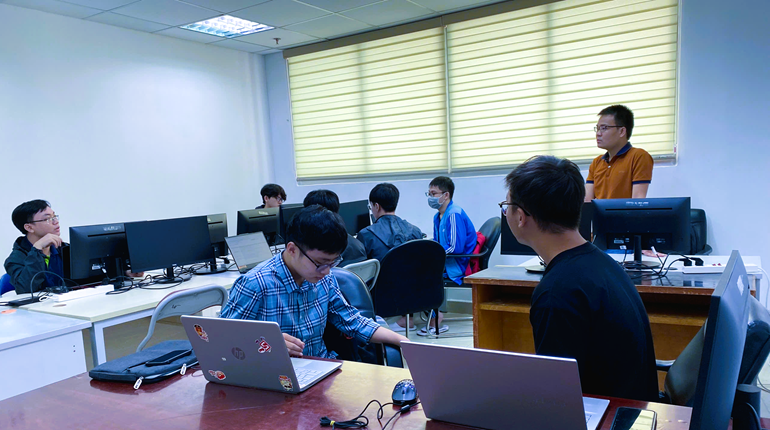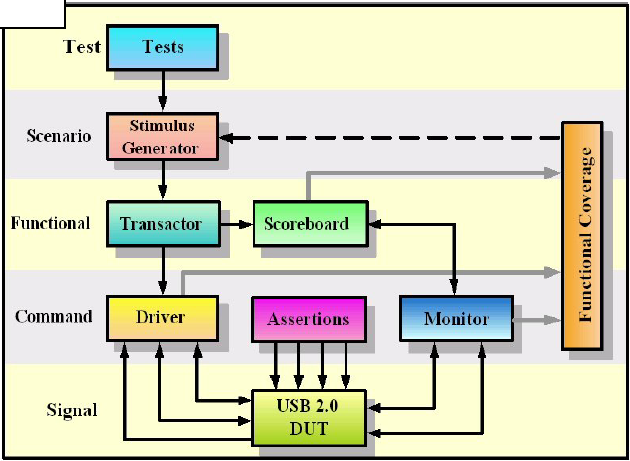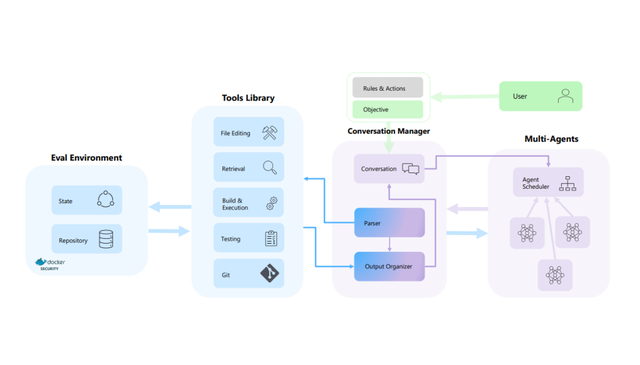 Introduction to Methods
Introduction to MethodsDefining and Extending Methods
- There are two ways to define a method is [ C routine ]
- is undefined | emptyThere are two ways to extend a method
- is also | first | only
- You can also use is to extend a method in the following cases:
- The method was previously introduced with is undefined or is empty and has not been previously extended in this struct or in any struct that inherits from this struct.
- The method was previously introduced (and perhaps extended) in a struct that this struct inherits from, as long as the method has not already been extended in this struct or in any struct that inherits from this struct using like.We will see all this is detail below.
Is
We define pure e method for first time using is. A TCM is a time-consuming method that is distinguished from a regular method by the presence of @event and can use time-consuming actions such as sync and wait.
Below is simple example which shows how to declare a regular method.1 <'
2 extend sys {
3 // This is how delcare a method
4 say_hello() is {
5 out ("Hello World");
6 };
7
8 run() is also {
9 say_hello();
10 };
11 };
|
| Parameters |
| Parameter | Description |
| method-name | A legal e name |
| parameter-list | A list composed of zero or more parameter declarations of the form param-name,The parentheses around the parameter list are required even if the parameter list is empty |
| return-type | For methods that return values, specifies the data type of the return value |
| @event-type | Specifies a default sampling event that determines the sampling points of the TCM. |
| undefined | No action block is defined for the method yet; an action block must be defined in a subsequent module before this method is called. A runtime error is issued if it is called before it is defined. |
| empty | The action block is empty, but no error is issued if it is called. Empty value-returning methods return the default value for the type. |
| Parameter | Description |
| method-name | A legal e name |
| parameter-list | A list composed of zero or more parameter declarations of the form param-name,The parentheses around the parameter list are required even if the parameter list is empty |
| return-type | For methods that return values, specifies the data type of the return value |
| @event-type | Specifies a default sampling event that determines the sampling points of the TCM. |
| undefined | No action block is defined for the method yet; an action block must be defined in a subsequent module before this method is called. A runtime error is issued if it is called before it is defined. |
| empty | The action block is empty, but no error is issued if it is called. Empty value-returning methods return the default value for the type. |
is inline
Defining a method as inline requires Specman Elite to generate code that enables the C compiler to inline the method. The C compiler to place all the code for the method at each point in the code where the method is called. This inline expansion allows the compiler to optimize the inline method code for the best performance. Methods that are frequently called and involve computation are good candidates for inline definition
Syntax
| method-name ([parameter-list]) [: return-type] is inline {action;...} |
| Note: |
- The Gnu C compiler can inline most methods declared as inline without any additional flags.
- A method originally defined as inline cannot be redefined using is only, is first, or is also.
- Methods defined in when conditional struct members cannot be inline.
- Time-consuming methods (TCMs) cannot be inline.Example
1 <'
2 extend sys {
3 // This is how delcare a inline method
4 say_hello() is inline {
5 out ("Hello World");
6 };
7
8 run() is also {
9 say_hello();
10 };
11 };
12 '>
Bạn Có Đam Mê Với Vi Mạch hay Nhúng - Bạn Muốn Trau Dồi Thêm Kĩ Năng
Mong Muốn Có Thêm Cơ Hội Trong Công Việc
Và Trở Thành Một Người Có Giá Trị Hơn
Mong Muốn Có Thêm Cơ Hội Trong Công Việc
Và Trở Thành Một Người Có Giá Trị Hơn
















